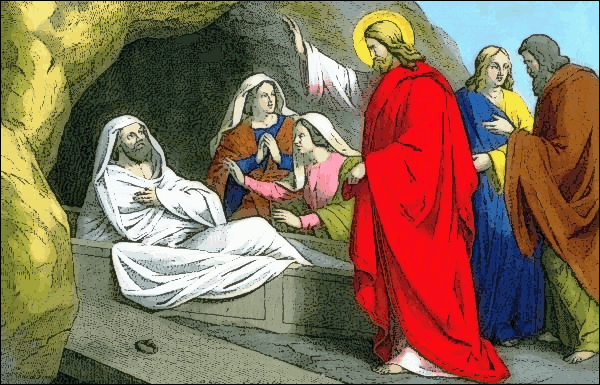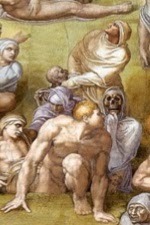As I was reading through the epistles assigned to my group, I found it extremely difficult to come up with a good question for this blog. Reading through Galatians, Ephesians, and Philippians was not a difficult task, but it was very hard to come up with a question. So, after reading and reading and reading again (which wasn't too daunting, considering how short these epistles are), I finally came up with a question! Therefore, my question is: What is Paul saying about circumcision in Galatians?
Now, I am no expert on circumcision. I'm clearly not a man and I have no kids, so I have not had to make that kind of medical decision for someone yet, but that's besides the fact. What I do know, is that it is clearly stated in the Gospel of Luke that Jesus was circumcised after 8 days (Luke 2:21). According to this fact, the reader can only assume that other male followers of Christ should also be circumcised, like Jesus. But, wait, suddenly, I get to Galatians 5:2-3 and I see something different. It states, "Look: I, Paul say to you that if you accept circumcision, Christ will be of no advantage to you. I testify again to every man who accepts circumcision that he is obligated to keep the whole law." What exactly does this mean? Does this mean that if a man is circumcised that he must live by the Old (Testament) Law? Does this mean that a man who is not circumcised has essentially no laws to live by? What does Paul mean when he says that "if you accept circumcision, Christ will be of no advantage to you."? Well,that is what I am going to attempt to find out throughout this blog.

In order to understand why this statement by Paul in Galatians 5:2-3 sounds a little contradictory/confusing to me, I'm going to first look at the broader question of, "What does the Bible say about circumcision?" According to Compelling Truth, it appears that the practice of circumcision was instituted in the Old Testament, as a covenant between God and Abraham. God said in Genesis 17:9-10; "And God said to Abraham, "As for you, you shall keep my covenant, you and your offspring after you throughout their generations. This is my covenant which you shall keep, between me and you and your offspring after you: Every male among you shall be circumcised." So, based on this information, we can deduce that in all generations of males should be circumcised(based on OT law). Now, we all know that with the crucifixion and resurrection of Jesus Christ, this OT law was no longer valid.
According to Bible.Org, in this verse speaking about circumcision(Galatians 5:2-6), Paul is essentially saying that those people who get circumcised because of obligation are then in turn obligated to keep in God's good graces by "law-keeping and not by faith". This basically means, that Paul is saying, as noted at Sentex, that "Paul emphasizes the superiority of faith, love, and the new creation. By comparison, neither the rite of circumcision nor uncircumcision holds any benefit for the believer."
What I have gathered from all of the research and just the text is that Paul was saying that, in order to be in God's good graces, you do not have to be circumcised and those who chose to be circumcised must continue to follow the OT law because they chose to try and get into heaven by actions instead of having faith in the Lord. Paul's comment "if you accept circumcision, Christ will be of no advantage to you.", really means, in my opinion, that if you take actions(probably any actions) for the wrong reasons, the fact that Jesus was crucified will be of no advantage to you, because now you must follow all the OT laws.









